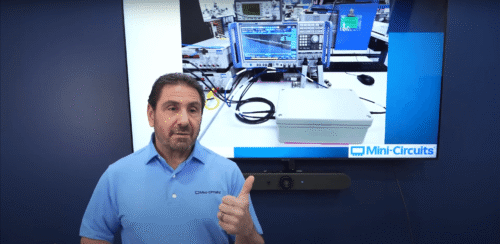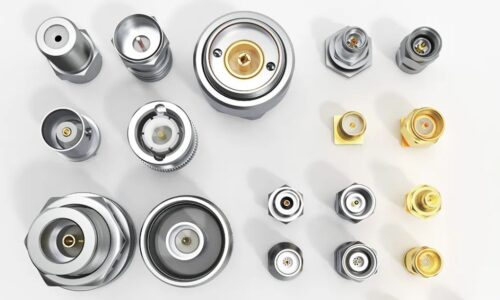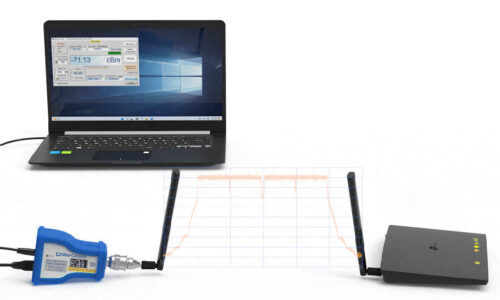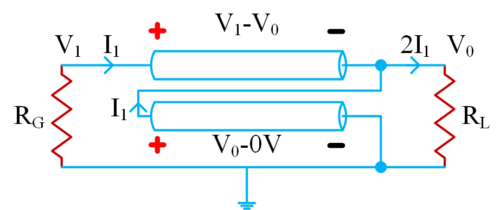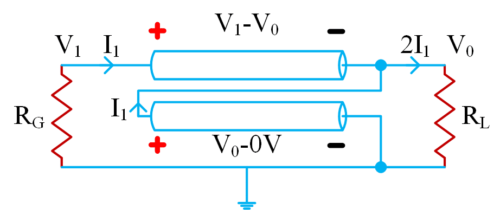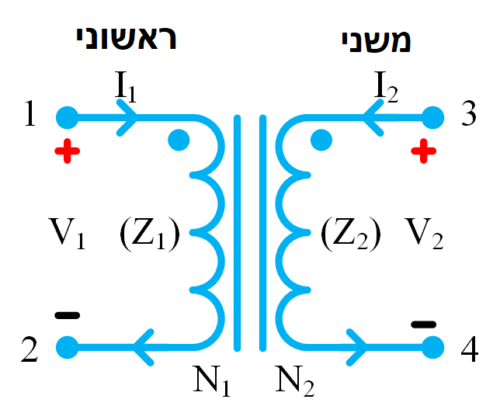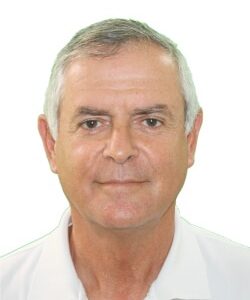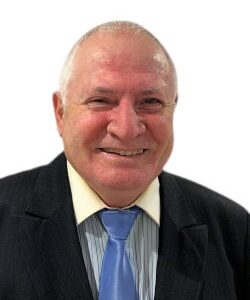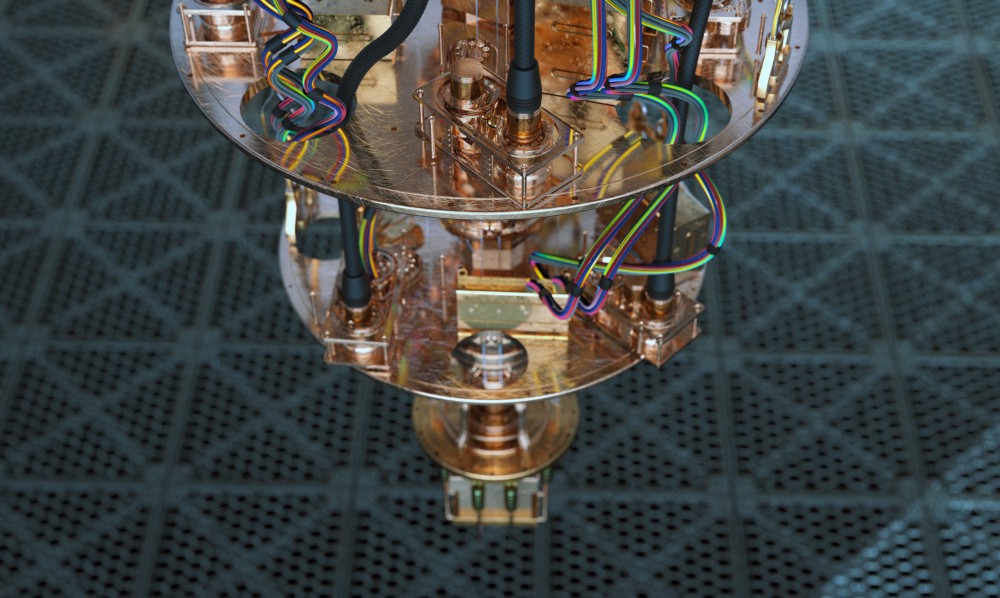
Mini-Circuits helps the Quantum Computing Revolution
Most applications for Mini-Circuits products fall within traditional markets for RF/microwave components: telecommunications, aerospace and defense, test and measurement instrumentation, CATV, and broadband optical networks. But at the outer frontiers of science and engineering, the newest and most innovative work tends to cross boundaries between disciplines. For example, some of the most advanced research in climatology stems from collaboration between meteorologists and mathematicians. Molecular biologists team up with computer scientists to develop new treatments for chronic diseases. Likewise, the race to build the world’s first useful quantum computer has drawn on applied knowledge from physics, computer science, and RF/microwave engineering. This revolutionary technology is among the more exotic applications of Mini-Circuits products and also one of the most advanced on the continuum of scientific progress.
Without prerequisite knowledge of quantum mechanics and computer science, the concept of quantum computing is challenging to grasp, but its potential benefits to society are clear and profound. If realized on a commercial scale, a universal quantum computing system could dramatically accelerate the discovery of new medicines, revolutionize optimization of global logistics and complex supply chains, enable powerful new methods for financial and economic modeling, and propel information security systems to a whole new level of sophistication – just for starters.
Not only are quantum computers capable of processing information hundreds of thousands of times faster than the fastest classical computers, but they also have the capability to solve problems that no classical computer, no matter how powerful in theory, could ever solve. That’s because they use a fundamentally different set of rules and logical operations to process information.
Classical computers process information as bits, which have two possible states, 0 and 1. Quantum processors, by contrast, use quantum bits or “qubits” which can occupy states of 0, 1 or 0 and 1 at the same time, a state known as superposition. Put simply, it’s this superposition state that gives quantum processors their power. Realizing a working quantum processor requires a physical system to create a qubit which can be set, preserved in a given state, and ultimately scaled up to dozens or hundreds of interconnected qubits. As it happens, scientists have discovered that such systems can be successfully controlled with microwave pulses. That’s where Mini-Circuits comes in.
Most current research is centered on superconducting qubits, which are made from materials that need to be extremely cold to work – within just a few hundred milli-Kelvin of absolute zero, about -273°C. This extreme low temperature allows the preservation of otherwise unstable qubit states for longer periods of time. Because the microwave signals used to control the qubit states need to be virtually free of noise and any electrical disturbance, they must be carefully filtered and attenuated before reaching the sensitive quantum processor. This creates a requirement for RF componentry that performs reliably at the extreme temperatures within the cryostat where the processor is contained.
Most Mini-Circuits products are rated for operation at temperatures as low as -55°C, but in this case, they need to perform reliably at temperatures on the order of 700 mK (-272.45°C) and colder. Researchers found that a Mini-Circuits coaxial filter in a standard stainless steel housing suffered performance degradation under these conditions, so Chi Man Shum, Mini-Circuits vice president of Test and Measurement products worked with filter designers at the company’s design center in India to build connectorized low pass filters in custom brass housings. Brass has better thermal conductivity than stainless steel and is therefore better suited for such an extreme environment.
Customers reported dramatic improvements in performance at near-absolute-zero temperatures with the change from stainless steel to the new custom brass housings.
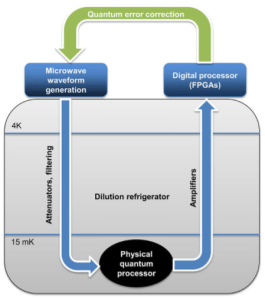
Shum commented of the success, “Our India team’s extra effort has won deep appreciation from customers in the quantum computing field, and our brass housings have helped improve the performance and efficiency of superconducting experiments. We were able to modify our parts to achieve electrical performance at the lowest temperature possible, and our flexibility in accommodating these unique requirements has made it apparent to these customers that we can work with them.” For years, Mini-Circuits’ efforts in business development and application support have been focused on pursuing opportunities in unconventional places to grow our business. Our collaboration with the quantum computing community is a perfect example of exploring new territory for RF/microwave products and for Mini-Circuits’ business. While quantum computing is still in its early stages, it will someday revolutionize computing technology as we know it, and Mini-Circuits is proud to be a partner to the innovators pushing science and technology closer to that revolution.


